Tryptin 10 Tablet – (10mg)
৳ 7.76৳ 8.50 (-9%)
Medicine Overview of Tryptin 10mg Tablet
Tryptin 10 is used in the treatment of depression. It is also used to treat and prevent chronic nerve-related (neuropathic) pain, migraine, tension-type headache and nighttime bedwetting (nocturnal enuresis) by older children (6 years and above) at different doses. Tryptin 10 is known as a tricyclic antidepressant. It is normally taken before bedtime because it can make you feel sleepy. It can be taken with or without food. The dose and how often you need to take it will be decided by your doctor so that you get the right amount to control your symptoms. It may be increased gradually. This medicine may not work straight away and it could be several weeks before you get the full effects. How long you need to use it will depend on what you are taking it for, but it is important to continue taking this medication even if you feel well. Do not suddenly stop taking it without consulting your doctor as it may make your condition worse. Your dose may be modified or gradually decreased before stopping the medication. The most common side effects of this medicine include increased heart rate, constipation, dizziness, feeling thirsty or tired, dry mouth and difficulty urinating. It may also make you aggressive or confused and can lead to weight gain in some people. This medicine is not addictive, but you can experience additional side effects (withdrawal symptoms) if you stop taking it suddenly. Most of the common side effects tend to be mild. Your doctor may be able to suggest ways of preventing or reducing side effects if they bother you or do not go away. Serious side effects associated with this medicine are rare.
- Depression
- Neuropathic pain
- Migraine
- Constipation
- Difficulty in urination
- Dryness in mouth
- Increased heart rate
- Orthostatic hypotension (sudden lowering of blood pressure on standing)
- Weight gain
- Aggressive behavior
- Agitation
- Nasal congestion (stuffy nose)
-
It may take 4 to 6 weeks for Tryptin 10 to start working. Keep taking it as prescribed.
-
It may cause sleepiness. Take it at bedtime and do not drive or do anything requiring concentration until you know how it affects you.
-
Avoid consuming alcohol when taking Tryptin 10 as it may cause excessive sleepiness.
-
Monitor your weight during the treatment as this medicine can cause weight gain and increased appetite.
-
It may cause sudden drop in your blood pressure. Rise slowly if you have been sitting or lying down.
-
Talk to your doctor if you notice sudden mood changes or develop suicidal thoughts.
Adult: PO Depression Initial:50-75 mg/day; up to 150 mg/day if needed. Max: 300 mg/day in severe cases. Neuropathic pain Initial: 10-25 mg/day at night, up to 75 mg/day if needed. Migraine prophylaxis Initial: 10 mg/day at night. Maintenance: 50-75 mg/day at night. Elderly: Initially, 25-50 mg/day as a single dose (at bedtime) or in divided doses.
Increased risk of serotonin syndrome w/ SSRIs, TCAs, triptans, fentanyl, lithium, tramadol. May reduce plasma levels w/ barbiturates, rifampicin and other anticonvulsants. May increase plasma levels w/ methylphenidate, cimetidine, antipsychotics, Ca channel blockers. May precipitate cardiac arrhythmias w/ thyroid hormones. May reduce antihypertensive effects of debrisoquine, guanethidine and clonidine. May increase pressor effect of epinephrine and norepinephrine. May increase the risk of ventricular arrhythmias w/ antiarrhythmics (e.g. amiodarone or quinidine), antihistamines astemizole, terfenadine, some antipsychotics (pimozide, sertindole, and thioridazine), sotalol, cisapride and halofantrine. Potentially Fatal: Increased risk of serotonin syndrome w/ MAOIs, linezolid and methylene blue.
Bipolar illness, pregnancy, lactation elderly, CVS disease, renal or liver impairment, epilepsy, thyroid dysfunction, DM. Avoid abrupt withdrawal; urinary retention, prostatic hyperplasia; chronic constipation; angle-closure glaucoma; phaeochromocytoma. Monitor for signs of clinical worsening, suicidality or behavioural changes. May increase risks associated with electro-convulsive therapy. May affect ability to drive or operate machinery. Lactation: Distributed in breast milk; do not nurse (AAP states effect on nursing infants is unknown but may be of concern)
PO Depression Child: Adolescent: Initially, 25-50 mg/day as a single dose (at bedtime) or in divided doses. Nocturnal enuresis Child: 6-10 yr 10-20 mg/day; 11-16 yr 25-50 mg/day. All doses to be given at bedtime. Max duration: 3 mth.
Postural hypotension, tachycardia, conduction disturbances. Dry mouth, wt gain, sour or metallic taste, stomatitis, constipation; blurring of vision, urinary retention, fatigue, dizziness, weakness, tremors, headache, confusion and delirium in elderly, sexual disturbances; peripheral neuropathy; urticaria, angioedema, sweating. Potentially Fatal: Cardiac arrhythmias.



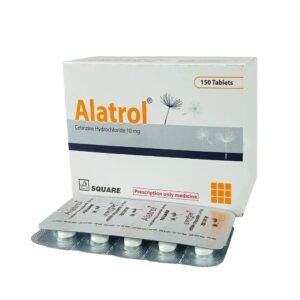


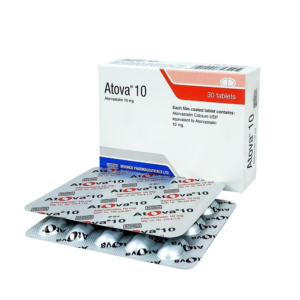
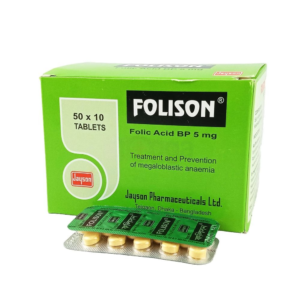
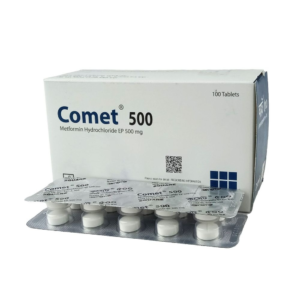
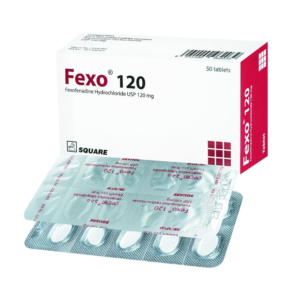



Reviews
There are no reviews yet.